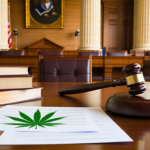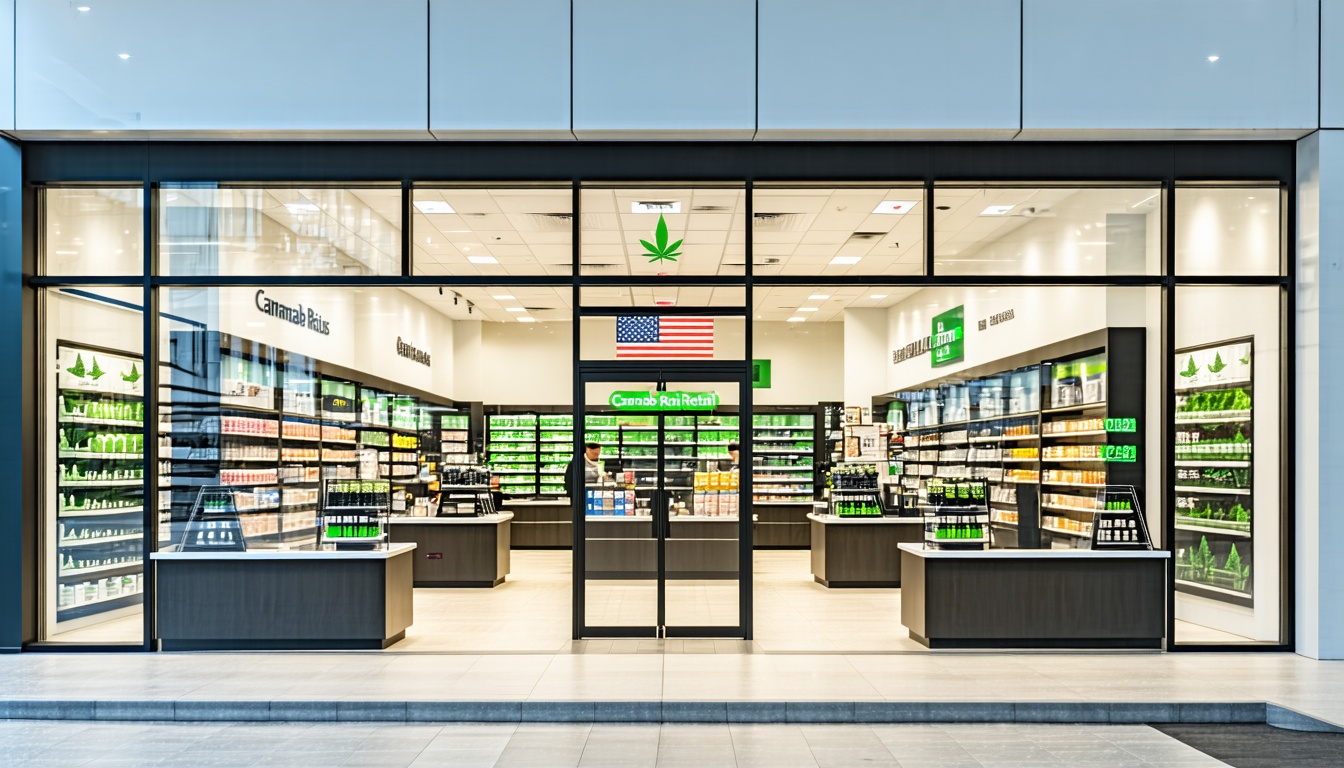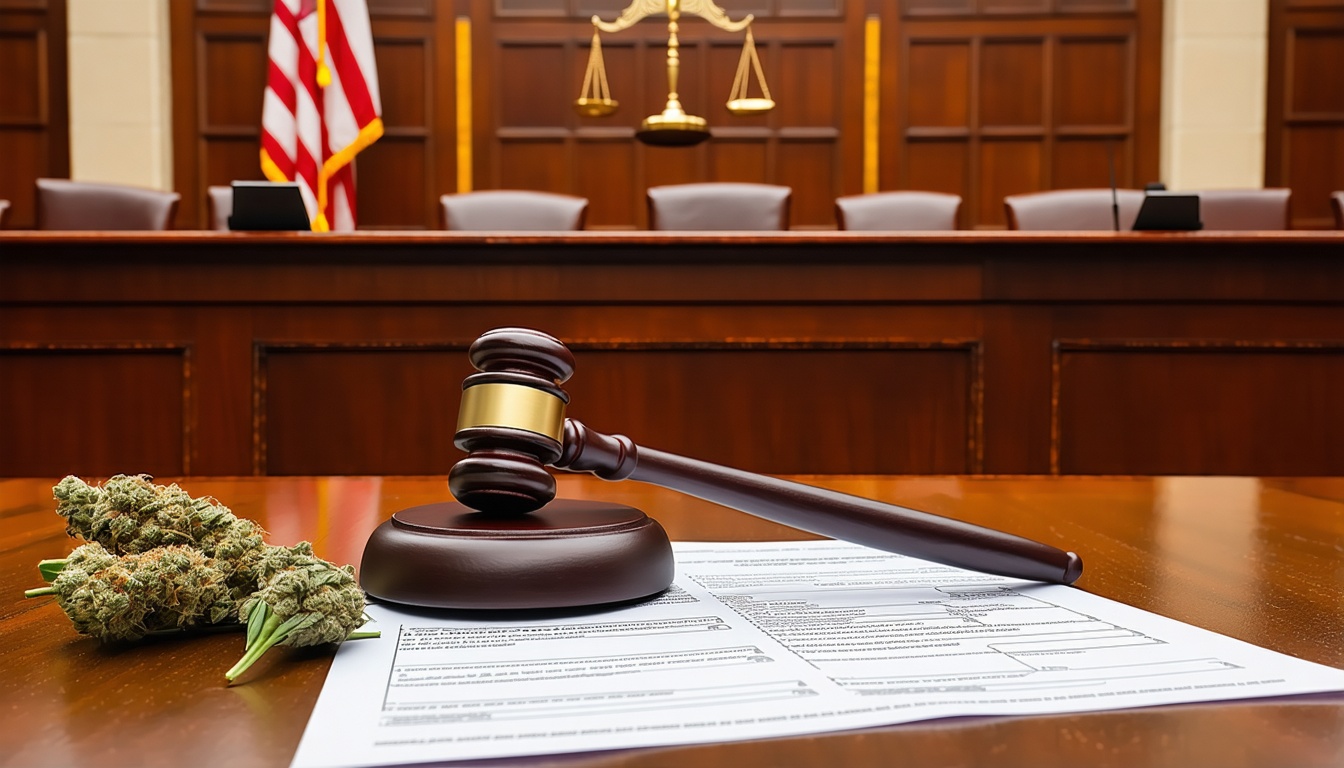Texas’ Complex Cannabis Landscape: An Explainer on THC, CBD, and More
As the unofficial stoner holiday, 4/20, approaches, Texas residents may be wondering about the state’s laws regarding cannabis. The Texas Senate recently passed Senate Bill 3, which aims to ban all forms of tetrahydrocannabinol (THC), the psychoactive compound found in cannabis. But what does this mean for Texans, and what are the differences between THC, CBD, and Delta-8?
Recreational use of marijuana remains illegal in Texas, with possession of two ounces or less considered a Class B misdemeanor. However, the state has taken steps to decriminalize marijuana, allowing the production and sale of industrial hemp products with a THC level of 0.3% or less.
CBD, or cannabidiol, is a non-psychoactive compound found in cannabis that does not produce a “high.” It is legal in Texas and can be found in various products, including oils, edibles, and topicals.
Delta-8 THC, on the other hand, is a lesser-known cannabinoid that is legal in Texas due to a loophole in the Agriculture Improvement Act of 2018, also known as the Farm Bill. Delta-8 has psychoactive effects, but is generally considered less potent than Delta-9 THC.
Medical marijuana is legal in Texas for patients with certain conditions, including epilepsy, multiple sclerosis, and post-traumatic stress disorder. However, the state’s Compassionate-Use Act limits the use of low-THC cannabis products to these conditions.
Senate Bill 3 aims to ban the sale of all THC-related products, including Delta-8 and Delta-9, citing concerns over unregulated cannabis dispensaries and the potential harm to children. The bill would maintain the legality of CBD products, but impose stricter regulations on their production and sale.
House Bill 28, on the other hand, focuses on regulating cannabis products rather than banning them outright. The bill would ban the manufacturing and sale of edible consumable hemp products, smokable hemp, and inhalable products, but would regulate THC-infused drinks.
The debate over SB3 and HB28 has sparked heated discussions, with proponents of the ban arguing that manufacturers are exploiting a loophole in the hemp program to sell THC consumables. Supporters of legal hemp, on the other hand, warn that banning the substance would be devastating to the industry, which generates $8 billion in revenue each year and employs nearly 50,000 people.
As the debate continues












